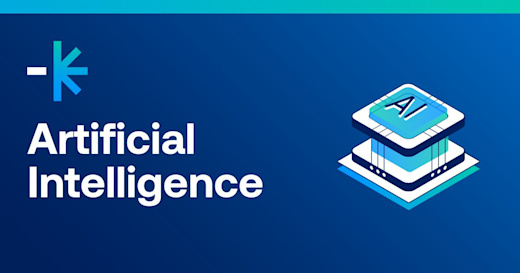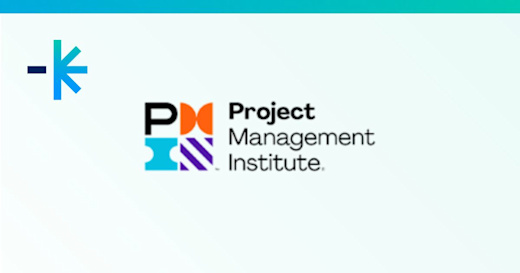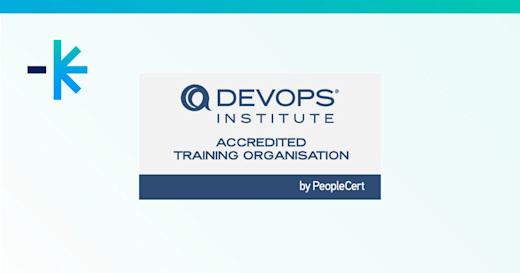As cyber security challenges continue at global, community and individual levels, the demand for experts in the field rises. Along with it, the demand for cyber security certifications grows too. In their report called “The Value of IT Certification,” Pearson VUE forecasts that growth in the cybersecurity specialty in 2022 will be at a whopping 405 per cent. Sixty-seven per cent of their survey respondents also indicated interest in cybersecurity training and certification.
If you are aiming to gain advanced Microsoft security training and certifications, we share insights into the knowledge, experience and skills needed prior to undertaking each course.
Prerequisites for Microsoft Security training paths
Microsoft Certifications for security, compliance, and identity can support you in advancing your career and validating your expertise for current and future job roles in the cyber economy. But some of the frequent questions we receive from students revolve around minimum requirements in terms of previous knowledge and experience.
Microsoft Certified: Security, Compliance, and Identity Fundamentals
This certification is for those looking to familiarise themselves with the fundamentals of security, compliance, and identity (SCI) across cloud-based and related Microsoft services. So this is aimed at a broad audience who have a background in using Microsoft tools – whether you are a business stakeholder, new or existing IT professionals, or students who have an interest in Microsoft security, compliance, and identity solutions.
In terms of prior knowledge and experience, candidates should be familiar with Microsoft Azure and Microsoft 365 and understand how Microsoft security, compliance, and identity solutions can span across these solution areas to provide a holistic and end-to-end solution.
Microsoft Certified: Azure Security Engineer
This course is recommended for professionals who implement security controls and threat protection, manage identity, and access, and protect data, applications, and networks in cloud and hybrid environments as part of an end-to-end infrastructure.
In terms of prior knowledge and experience, should have subject matter expertise in implementing Azure security controls that protect identity, access, data, applications, and networks in cloud and hybrid environments as part of an end-to-end infrastructure.
Microsoft Certified: Microsoft 365 Security Administrator
If you are a Microsoft 365 Security Administrator, part of the job responsibilities include proactively securing Microsoft 365 enterprise and hybrid environments. Having a foundational level of experience with implementing and managing security and compliance solutions, responding to threats, and enforcing data governance helps with this certification.
On top of the technical aspects of the role, this course discusses information rights, managed content, message encryption, as well as labels, policies and rules that support data loss prevention and information protection.
Microsoft Certified: Security Operations Analyst Associate
The Security Operations Analyst certification might be right for you if your role involves collaborating with organisational stakeholders to secure information technology systems for the organisation and reduce organisational risk by rapidly remediating active attacks in the environment. Professionals who have experience with advising on improvements to threat protection practices and referring violations of organisational policies to appropriate stakeholders often quickly take to this course. Having supported projects that require investigating, responding to, and hunting for threats using Microsoft Azure Sentinel, Azure Defender, Microsoft 365 Defender, and third-party security products is a bonus.
Prior to starting, candidates should have foundational knowledge of Microsoft 365 and Azure. They should be familiar with cybersecurity threat mitigation and response concepts.
Microsoft Certified: Identity and Access Administrator Associate
Do you have a basic understanding of how to design, implement, and operate an organisation’s identity and access management systems by using Azure AD? Do you manage tasks such as providing secure authentication and authorisation access to enterprise applications? Do you troubleshoot, monitor, and report the identity and access environment? If you answered yes to these, we recommend the new Microsoft Security Identity and Access exam as a way to elevate and validate your skills.
A candidate for this exam should have previous knowledge of Azure Active Directory, either on-premises or in the cloud. An understanding of security concepts like Zero Trusty and Least Access Privilege are a plus. Candidates should have strong familiarity with Microsoft cloud capabilities, products and services.
Microsoft Certified: Information Protection Administrator Associate
The accountabilities of Information Protection Administrators include planning and implementing controls that meet organisational compliance needs. If you have initial experience with translating requirements and compliance controls into technical implementation, we recommend the Microsoft Certified: Information Protection Administrator Associate exam for you. Those who support organisational control owners in becoming and staying compliant and those who work with information technology (IT) personnel, business application owners, human resources, and legal stakeholders to implement technology that supports policies and controls necessary to sufficiently address regulatory requirements for their organisation will find this certification useful.
A candidate for this exam should have a foundational knowledge of Microsoft security and compliance technologies, as well as basic knowledge of information protection concepts.
Forging ahead with Microsoft security certification courses
Once you have identified the right certification for you based on your role and you've confirmed that you have the prerequisite knowledge and experience, you can sign up for Microsoft Security training courses. Lumify Work has a pool of Microsoft Certified Trainers (MCTs) ready to help you realise your full potential in the cyber security space.
We're thrilled to announce that Lumify Work has been honoured with the Microsoft MCT Superstars Award for FY24. This is a testament to the high quality of our Microsoft Certified Trainers (MCTs) across Australia and New Zealand.
Courses are delivered through the Lumify Anywhere platform, helping you train according to your schedule and logistical needs (in person, virtual or hybrid). We have campuses across Australia in Sydney, Melbourne, Brisbane, Adelaide, Canberra, Perth, across New Zealand in Christchurch, Wellington, Auckland and in the Philippines in BGC, Metro Manila.
You can access our Microsoft Security eBook to learn more about opportunities in cyber security and how to map out your career in this field.
Get certified for Microsoft under a global IT leader today and enquire about Cyber security courses and training paths.









